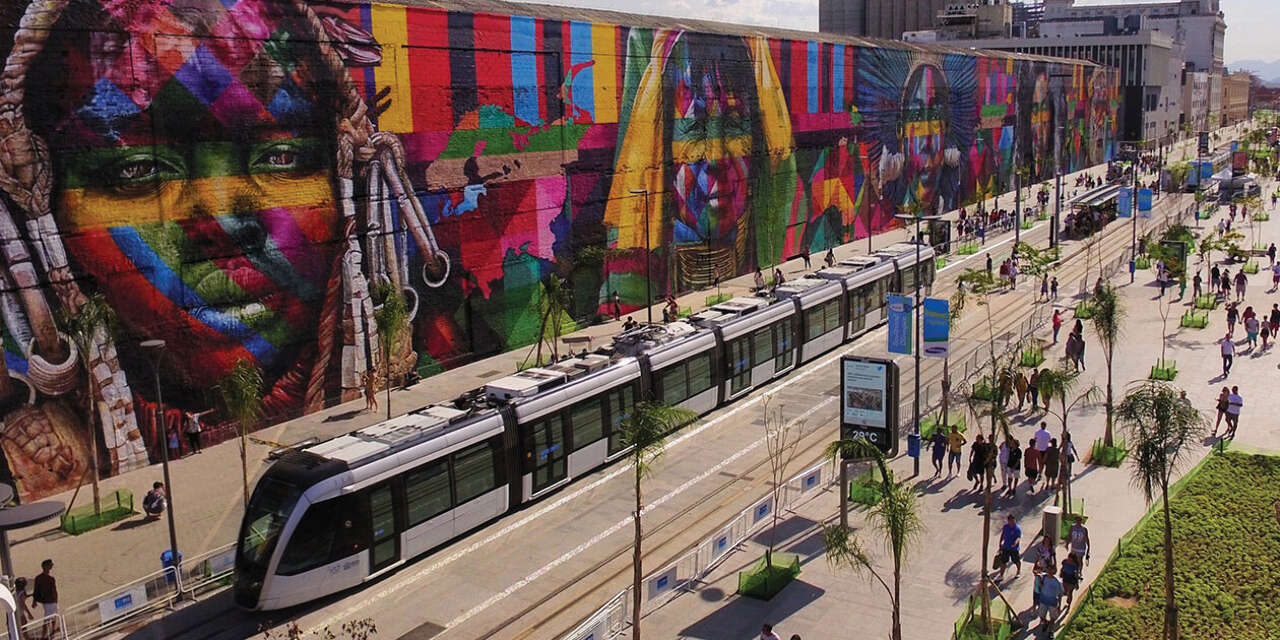Overview
Overview
Geographers are social and environmental scientists who help improve our understanding of the world. They're interested in the convergence of people and the environment, and in our relationships with urban, rural, regional and remote spaces.
In this course you will gain the skills to address issues such as climate change, growth of cities, bushfires, food security and changing communities.
During your studies you'll explore migration changes, social movements and contests over space and place. You'll develop analytical and practical fieldwork skills, such as interviewing and surveying, mapping, participant observation and statistical analysis, recording field notes and writing demographic reports.
You'll also learn spatial analysis and mapping using ARCGIS and other software.
Throughout the course you'll apply your learning to local environments during fieldtrips within Perth, Fremantle and the Wheatbelt region.
You'll also benefit from our strong links with local communities and industries, as well as our Sustainable Livelihoods program with Papua New Guinea.
Geography is offered as part of the Bachelor of Arts. You can enhance your studies with a second major or choose from a range of elective units that support your career goals.
When coupled with Economics you can complete this major as part of our Bachelor of Arts or our Bachelor of Commerce. Your choice will determine your core units.
You can increase your career opportunities by studying Geography as part of a Bachelor of Science, Bachelor of Arts or Bachelor of Arts, Bachelor of Commerce double degree.
What jobs can the Geography course lead to?
Careers
- Bushfire management consultant
- Community development officer
- Demographer
- Environmental assessor
- Secondary school teacher*
- Landcare advisor
- Natural resource manager
- Regional development coordinator
- Spatial analyst
- Sustainability officer
* Requires an additional teaching qualification
Industries
- Disaster management
- Education
- Environmental assessment
- Government
- International development
- Natural resource management
- Regional planning and development
- Sustainability
What you'll learn
- apply interdisciplinary concepts and methods to understanding the environmental, social and economic aspects of development and change; extend the boundaries of knowledge about climate change
- think creatively to generate innovative solutions to economic, social and environmental challenges
- access, evaluate and synthesise information from various disciplines and integrate in order to assess human and environmental outcomes
- communicate effectively for the development of policy solutions that support sustainable development
- use of current technologies when applied to finding information and making decisions about sustainable development
- utilise lifelong learning skills and strategies for understanding the impact of change on human activities and the ecology
- describe the global context of the need for a change to sustainable development; explore best international practices for finding solutions; apply these concepts within a regional/local environment.
- recognise the importance of cultural diversity, including indigenous perspectives, in understanding and responding to environmental and social challenges
- work both independently and in teams to find effective policies and ethical solutions to environmental and social issues; show leadership as a professional practitioner or collaborator.
